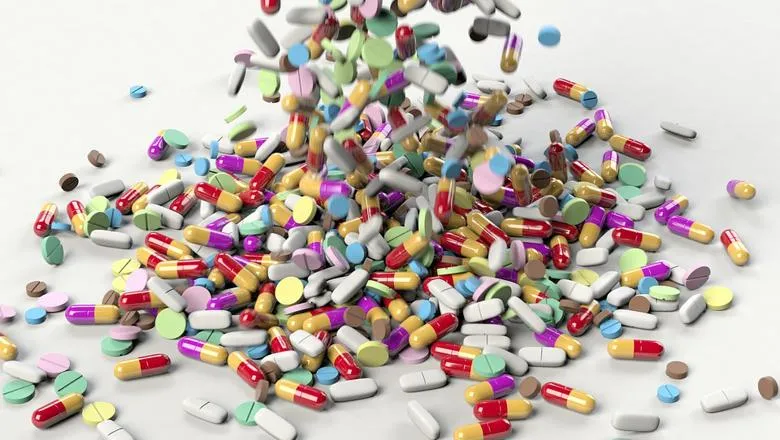One of the biggest questions in immunology research is about understanding the way the immune system turns on and off. Understanding how this switch works then allows us to design therapies to boost or hinder the immune response. Cellular metabolism has been recently shown to regulate immune responses, and now we have added one more piece of the jigsaw to this puzzle: a role for cholesterol metabolism in the control of the immune response switch
Dr Esperanza Perucha, a Lecturer in Experimental Rheumatology in the School of Immunology & Microbial Sciences, and first author of this study
08 March 2019
Scientists uncover beneficial effects of statins on immune health
New research has uncovered a new link between cholesterol metabolism and how the immune system responds to stimuli.

Research from the School of Immunology & Microbial Sciences and NIHR Guy’s and St Thomas’ Biomedical Research Centre published in Nature Communications, set out to examine how a specific type of immune cell, called T lymphocytes which fight infection and cancer, turn their activation signals on and off. This on/off switch is important to help fight infection, while at the same time ensuring that these responses do not become chronic and the immune system starts to fight itself. Understanding this switch would allow researchers to develop new approaches for manipulating the immune system to the benefit of the host.
Historically, treatments used to control the immune system have largely focused on drugs that suppress the immune system, such as those used to prevent rejection of organ transplants or to suppress symptoms associated with rheumatoid arthritis, psoriasis or inflammatory bowel disease. The problem with these drugs is that they can prevent patients from mounting a protective immune response against infectious pathogens.
The team, funded by a large EU grant and including collaborators from across Europe, looked for genes and proteins that were most closely associated with this on/off switch. Unexpectedly, they discovered that the machinery that generates cholesterol inside cells also controls this immune switch. They then confirmed that drugs that control cholesterol production, heightened immune responses of the kind required for fighting infection and cancer.
What is really exciting is that when we tested the effects of drugs that lower cholesterol – such as statins, drugs used widely to reduce blood cholesterol levels – we could modify T cell responses in the lab. We think that our findings could explain why people taking statins are better at fighting influenza, and why patients have better outcomes for some types of cancer.
Professor Andrew Cope, lead investigator of the study, said:
To further prove the impact of their findings, the investigators compared the activity of the body’s cholesterol machinery in tissues derived from the joints of individuals at high risk of developing inflammatory arthritis. They found that those with an imbalance in cholesterol metabolism in the joint tissue itself were more likely to develop the disease.
The team are now testing whether drugs that modify cholesterol, such as statins, could be used as an effective and safe way to boost the immune system. This could be especially valuable for older people at a time in their lives when their ageing immune system can become compromised.
